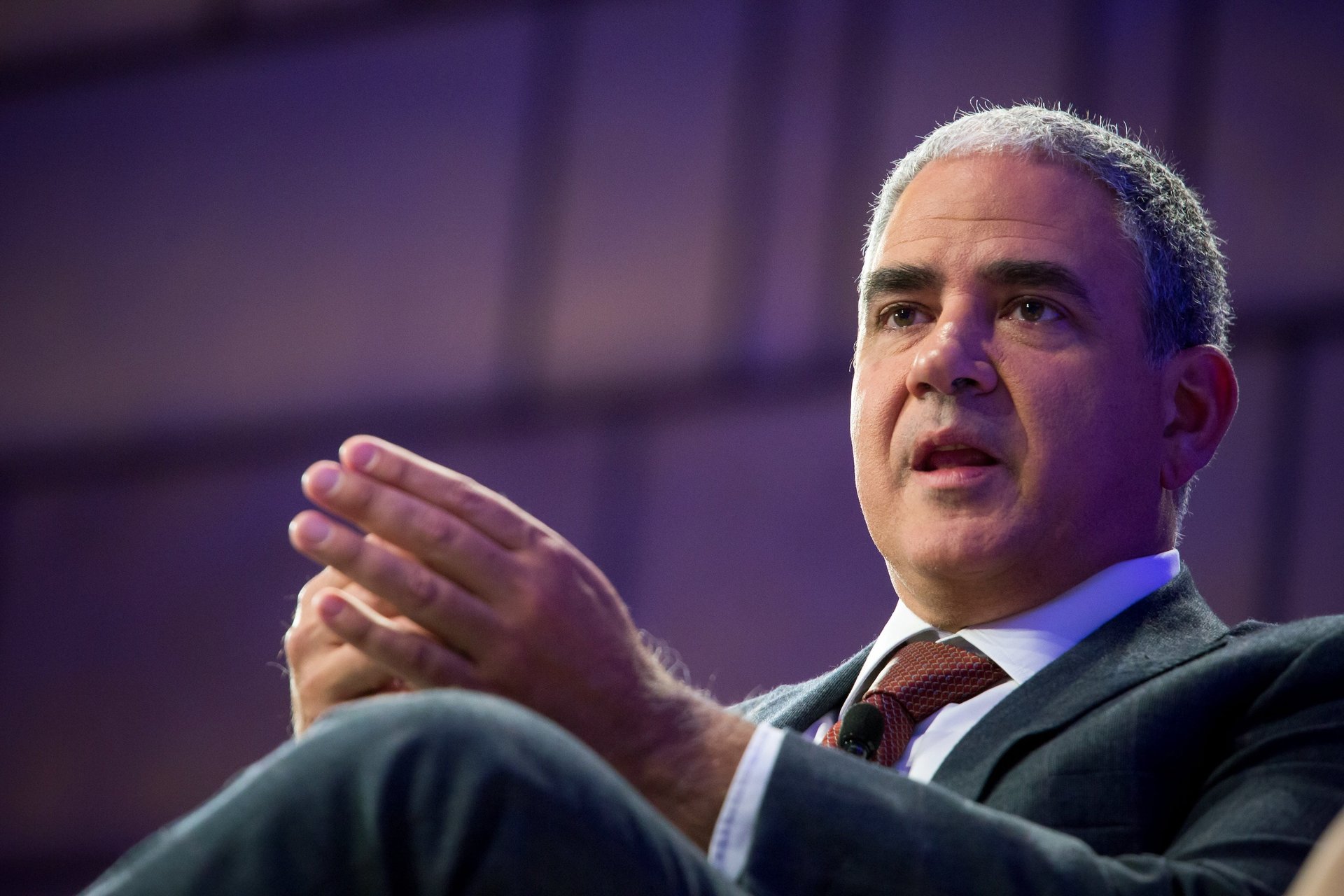Steward Health Care is seeking a bailout in one of the largest hospital bankruptcies in decades
Steward missed a deadline to pay off its at least $750 million in debt

Steward Health Care, the largest physician-led, for-profit hospital network in the United States, filed for bankruptcy Monday morning as it works to finalize the terms for a loan from hospital landlord Medical Properties Trust.
Suggested Reading
Steward filed for Chapter 11 bankruptcy in the Southern District Court of Texas. In the filing, the hospital network said that both its assets and liabilities were between $1 billion and $10 billion. Last month, Steward missed its deadline to pay off its at least $750 million in debt.
Related Content
“Steward does not expect any interruptions in its day-to-day operations, which will continue in the ordinary course throughout the Chapter 11 process,” the company said in a press release Monday morning. “Steward’s hospitals, medical centers and physician’s offices are open and continuing to serve patients and the broader community and our commitment to our employees will not change.”
Dallas-based Steward operates over 30 hospitals across Arizona, Arkansas, Florida, Louisiana, Massachusetts, Ohio, Pennsylvania, and Texas.
Steward said on Monday it is finalizing terms to receive debtor-in-possession financing from Medical Properties Trust. The hospital is set to receive initial funding of $75 million, and up to $225 million in additional funding if certain conditions are met. The landlord, specializing in health care facilities, initially provided Steward with a $60 million bridge loan in January.
Medical Properties stock fell 10% during Monday morning trading following the bankruptcy news. The company did not immediately respond to a request for comment.
Steward Health CEO Dr. Ralph de la Torre said on Monday that a delay in the sale of the company’s physician group, Stewardship Health, to Optum was one reason it was forced to file for bankruptcy.
“With the delay in closing of the Stewardship Health transaction, Steward was forced to seek alternative methods of bridging its operations, De la Torre, said. “With the additional financing in this process, we are confident that we will keep hospitals open, supplied, and operating so that our care of our patients and our employees is maintained.”
He also cited insufficient reimbursement of Medicare and Medicaid, as well as “continued impacts of the Covid-19 pandemic” as additional reasons for the filing.